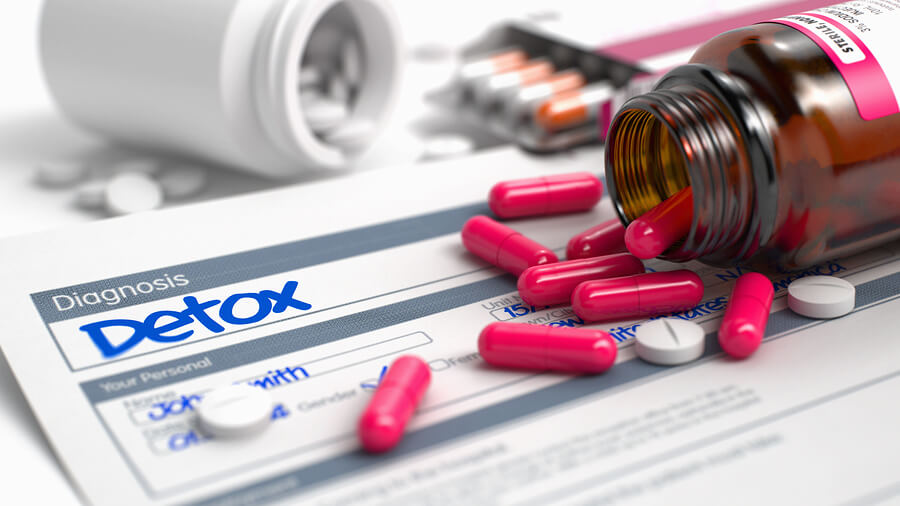Physical dependence on drugs is not the same as drug addiction. However, it can always lead to one. If you have been taking drugs for quite some time, it is common that your body relies on the drug to function, thus making a physical dependence.
An inpatient detox program can help you get through the transition of ridding your system of drugs. It can be a daunting experience. But with the right support, it doesn’t have to be.
Read on to learn exactly what to expect during this transition in your life and how a drug detox program can help.
Detoxification Process
Inpatient detox is a process in which individuals are monitored 24/7 as they withdraw from drugs or alcohol. The individual will be monitored for any medical complications that might arise from withdrawal and any psychological challenges.
The individual will also be provided with support and education about addiction and recovery. Inpatient detox is often followed by inpatient rehab, which can last anywhere from 28 days to 90 days. If you want to know more about drug rehab, read on.
Detox Symptoms
Patients can expect to experience a range of detox symptoms during inpatient detox. These will vary depending on the individual’s unique experience with substance abuse but may include withdrawal symptoms like nausea, vomiting, sweating, shaking, and hallucinations.
The detox process can be uncomfortable and even dangerous, so it is important that patients are under the care of a professional medical team during this time. With the help of a qualified detox team, patients can safely and effectively detox from alcohol and drugs and begin the journey toward recovery.
Length of Detox
The length of detox will vary depending on the severity of the addiction, the substances being detoxed from, and the individual’s health and history. Generally, the detox process takes anywhere from a few days to a week. However, some people may experience more severe withdrawal symptoms and require a more extended detox period.
Aftercare Following Inpatient Detox
It is important to remember that detox is only the first step on the road to recovery. Recovery doesn’t end there. Following detox, it is vital to begin aftercare to maintain sobriety.
Aftercare can take many different forms, but typically includes some combination of therapy, support groups, and continued medical care. Aftercare is an essential part of recovery, and it is important to work with a treatment team to create a plan that meets your individual needs. With the right support in place, it is possible to maintain sobriety and live a healthy, fulfilling life.
Ready for Recovery
If you or a loved one is struggling with addiction, inpatient detox can be a vital step on the road to sobriety. In inpatient detox, you are expected to be monitored while learning more about addiction and recovery. The length of the process may vary on your condition and you should also expect detox symptoms along the way.
Did this article help you with your inquiries? Check out the rest of our blog for more helpful posts!
